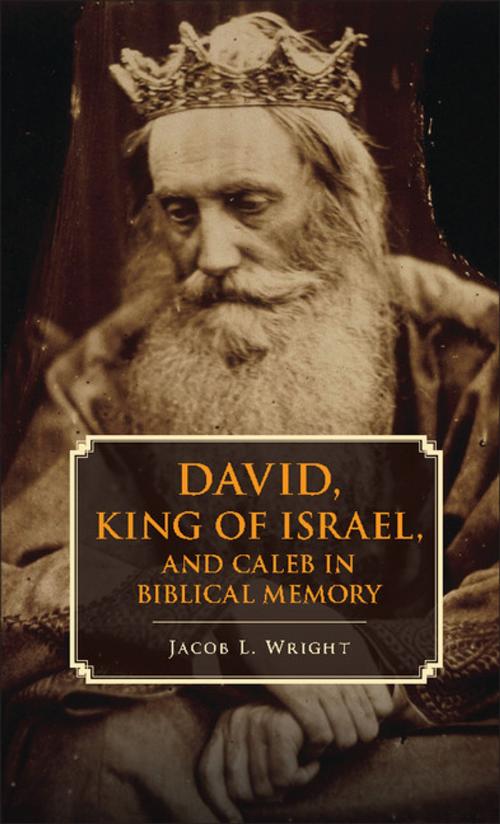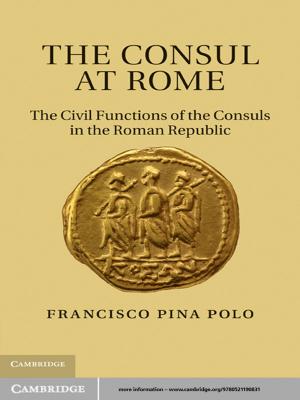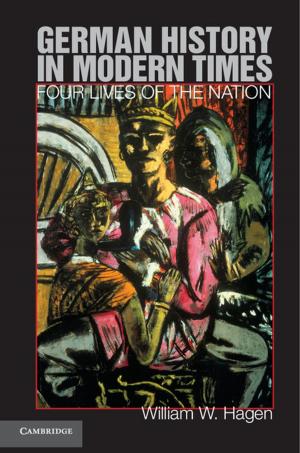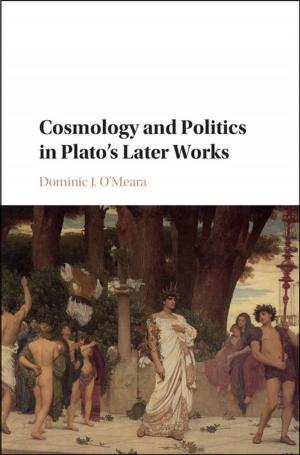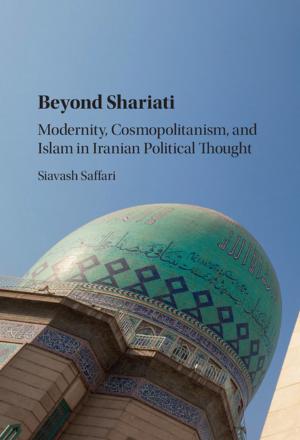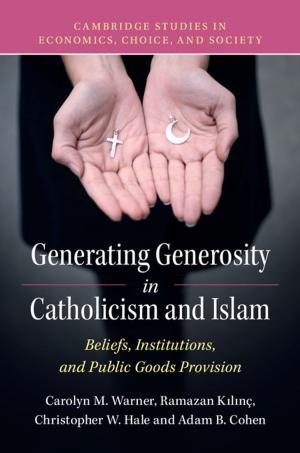David, King of Israel, and Caleb in Biblical Memory
Nonfiction, Religion & Spirituality, Judaism, Bible & Bible Studies, Bibles| Author: | Jacob L. Wright | ISBN: | 9781139986281 |
| Publisher: | Cambridge University Press | Publication: | May 12, 2014 |
| Imprint: | Cambridge University Press | Language: | English |
| Author: | Jacob L. Wright |
| ISBN: | 9781139986281 |
| Publisher: | Cambridge University Press |
| Publication: | May 12, 2014 |
| Imprint: | Cambridge University Press |
| Language: | English |
Of all the Bible's personalities, David is the most profoundly human. Courageous, cunning, and complex, he lives life to the hilt. Whatever he does, he does with all his might, exuding both vitality and vulnerability. No wonder it has been said that Israel revered Moses yet loved David. But what do we now know about the historical David? Why does his story stand at the center of the Bible? Why didn't the biblical authors present him in a more favorable light? And what is the special connection between him and Caleb - the Judahite hero remembered for his valor during the wars of conquest? In this groundbreaking study, Jacob L. Wright addresses all these questions and presents a new way of reading the biblical accounts. His work compares the function of these accounts to the role war memorials play over time. The result is a rich study that treats themes of national identity, statehood, the exercise of power, and the human condition.
Of all the Bible's personalities, David is the most profoundly human. Courageous, cunning, and complex, he lives life to the hilt. Whatever he does, he does with all his might, exuding both vitality and vulnerability. No wonder it has been said that Israel revered Moses yet loved David. But what do we now know about the historical David? Why does his story stand at the center of the Bible? Why didn't the biblical authors present him in a more favorable light? And what is the special connection between him and Caleb - the Judahite hero remembered for his valor during the wars of conquest? In this groundbreaking study, Jacob L. Wright addresses all these questions and presents a new way of reading the biblical accounts. His work compares the function of these accounts to the role war memorials play over time. The result is a rich study that treats themes of national identity, statehood, the exercise of power, and the human condition.
